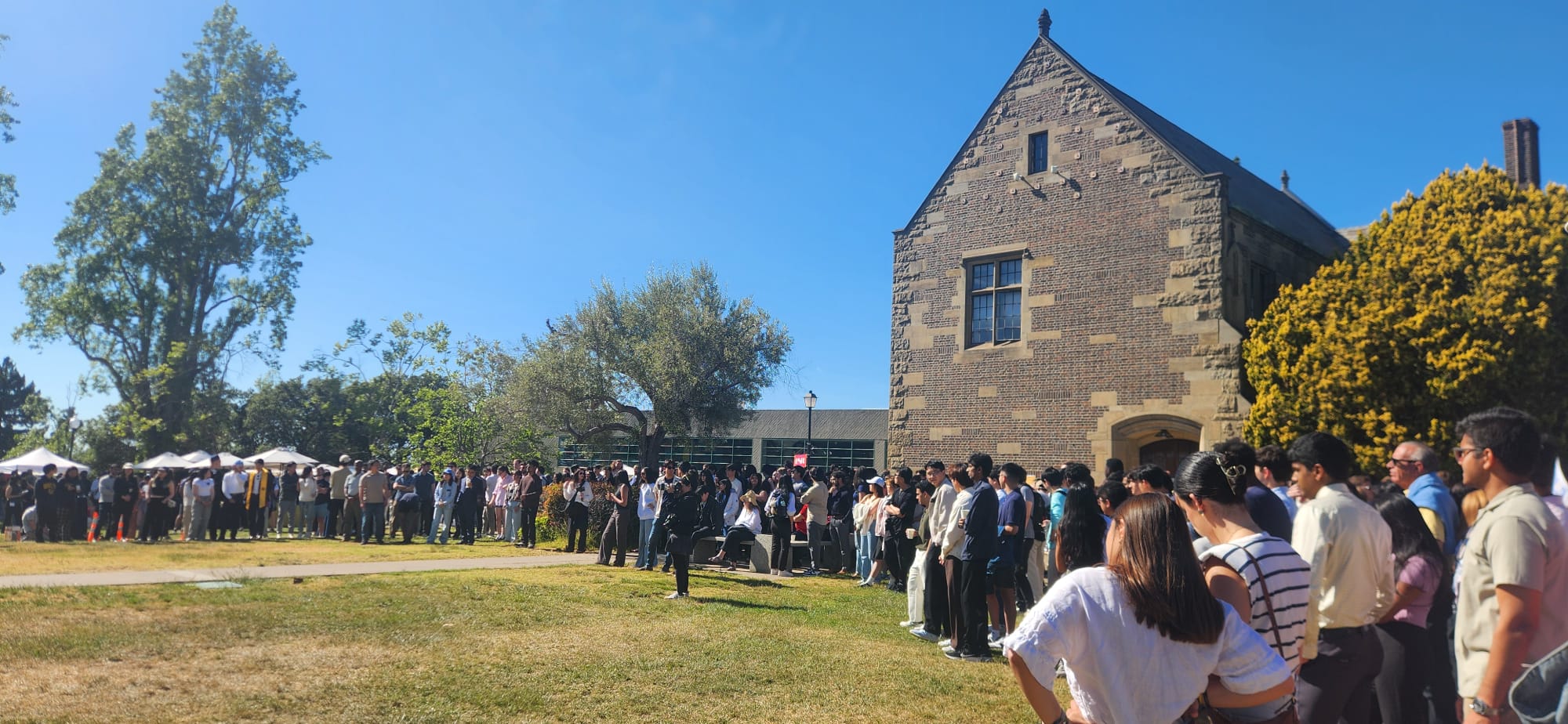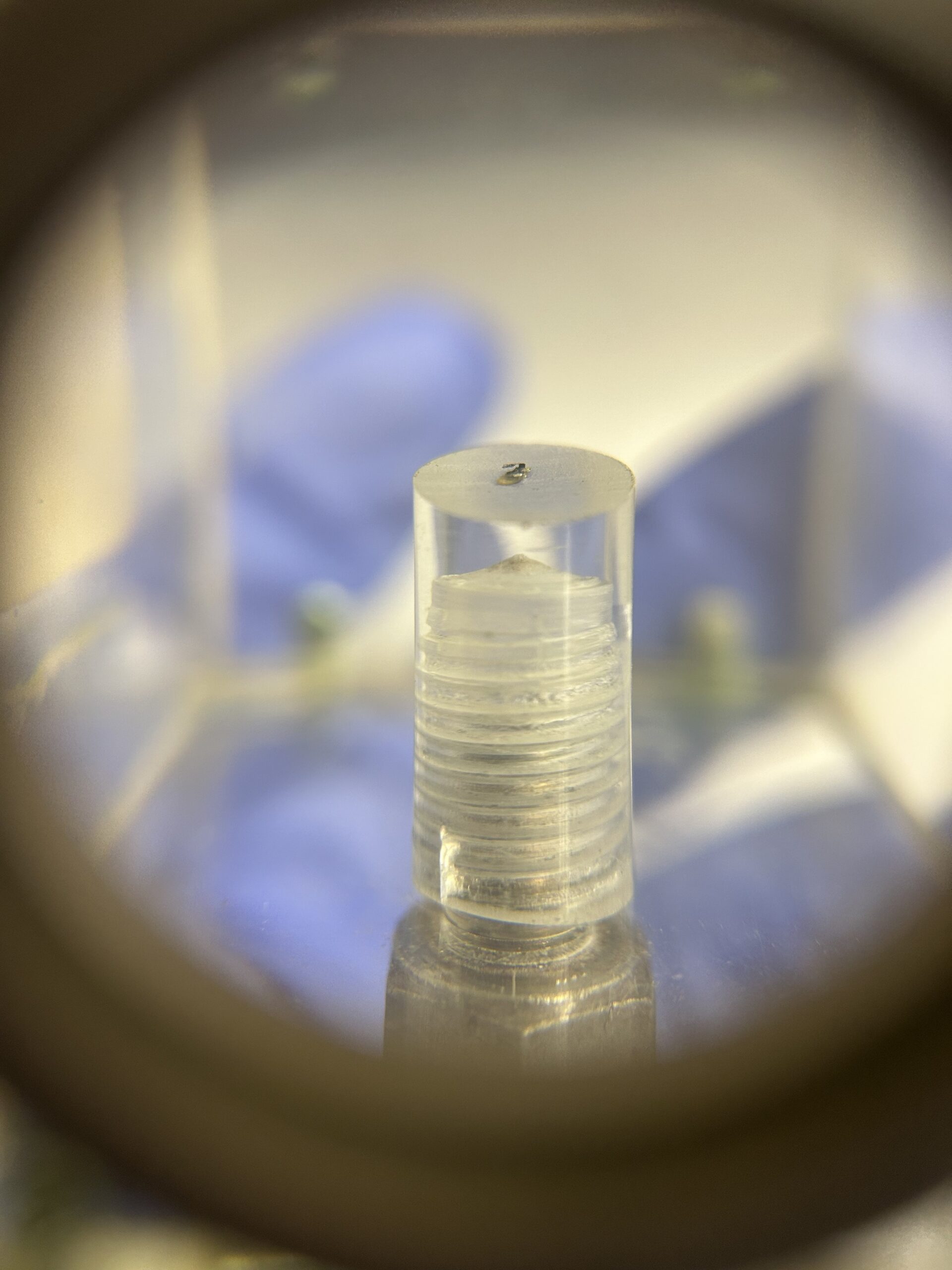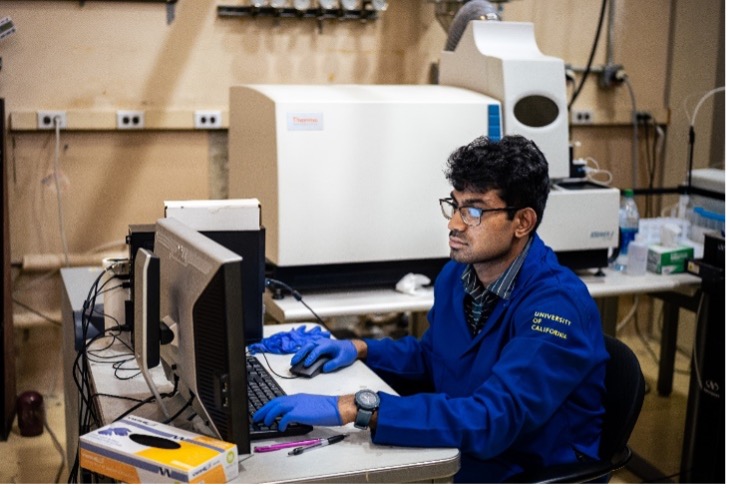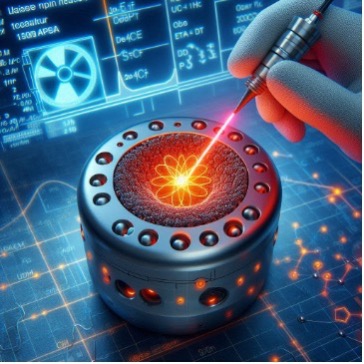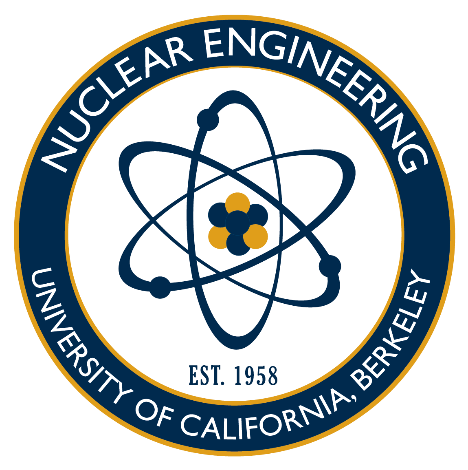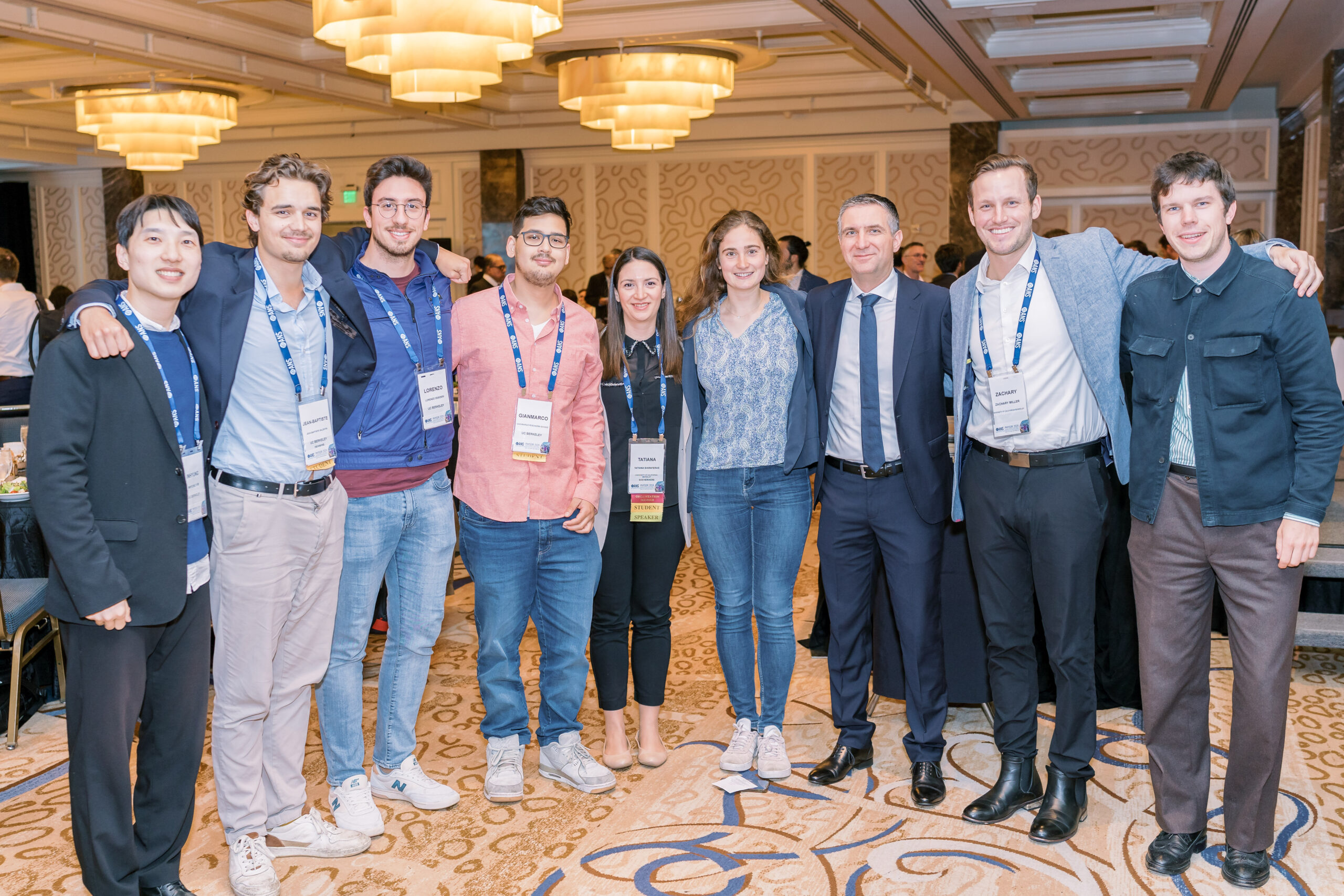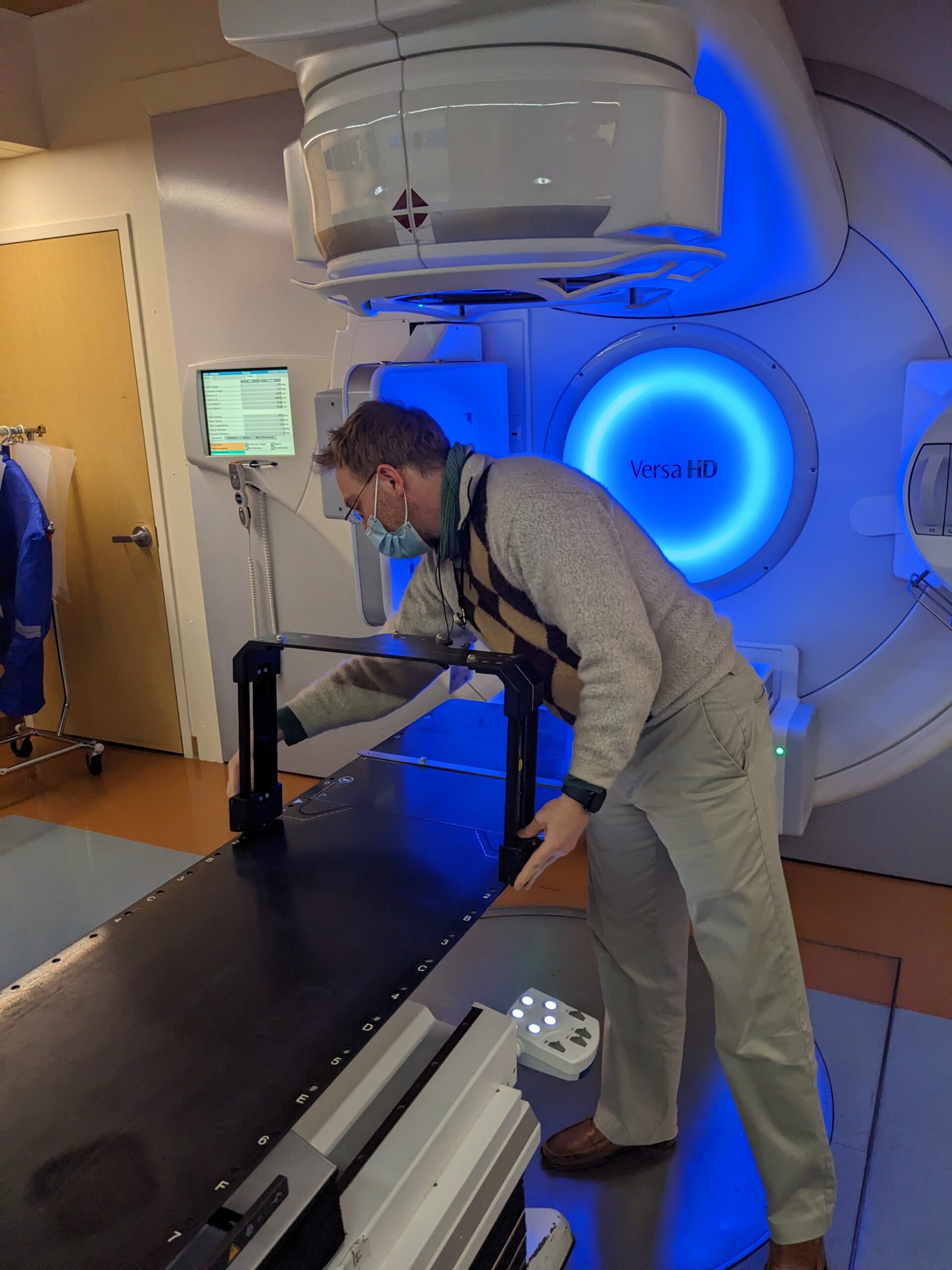Graduate News
UCBNE at Fung Institute End of Year Showcase 2025
UCBNE Master of Engineering students showcased their capstone team projects at the Fung Institute End…
NE130/230 Students Explore Historic Plutonium Sample
Last week, students in the spring 2025 NE130/230 Analytical Methods for Nonproliferation course had a…
Oscar Matousek Awarded Best Oral Presenter at UCSF Medical Physics in Imaging and Therapy Research Symposium
Congratulations to UCBNE graduate student Oscar Matousek on being awarded Best Oral Presenter at the first annual…
Chai Peddeti Featured in NEUP Newsletter
PhD student Chai Peddeti has been featured in the December 2024 edition of NEUPdate, the…
Localized Isotope Specific Characterization on Fuel Pellets
The Nuclear Materials Group at UC Berkeley’s Nuclear Engineering Department has discovered a novel application…
New UCBNE Publication Chosen as an Editor’s Suggestion in Physical Review C
The recently published paper “Half-life of Ge-71 and the gallium anomaly”, co-authored by UCBNE Professor…
Oscar Matousek and Phoebe Ling’s Talks Win 2nd and 3rd Place at 2024 AAPM Young Investigator’s Symposium
Award-winning speakers Oscar Matousek (2nd from left) and Phoebe Ling (3rd from right) with some…
UCBNE at PHYSOR 2024
UCBNE students and faculty attended the 2024 American Nuclear Society International Conference on Physics of…
New CAMPEP Accreditation of Graduate Program in Medical Physics
New CAMPEP Accreditation of Graduate Program in Medical Physics August 22, 2023 Our Nuclear Engineering…
UCBNE Graduate Students Send Equipment and Expertise to Ransacked Chernobyl
UCBNE Graduate Students Send Equipment and Expertise to Ransacked Chernobyl September 14th, 2022 3D visualization…
